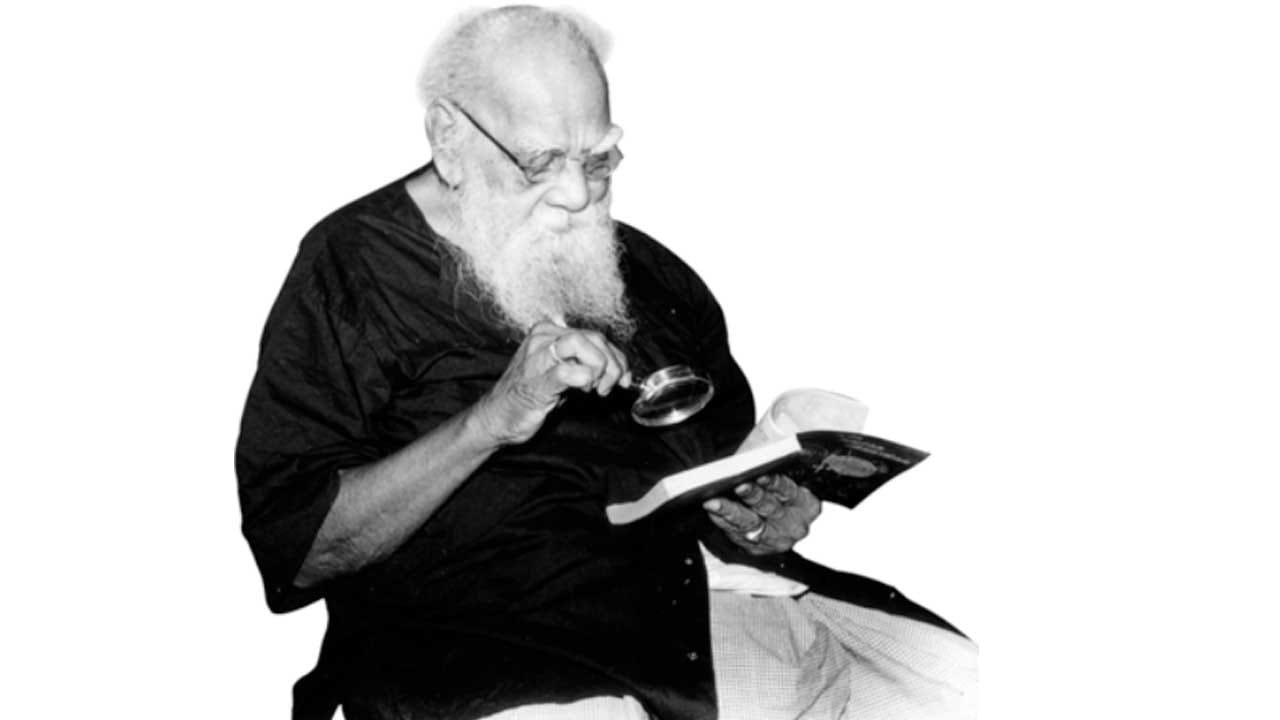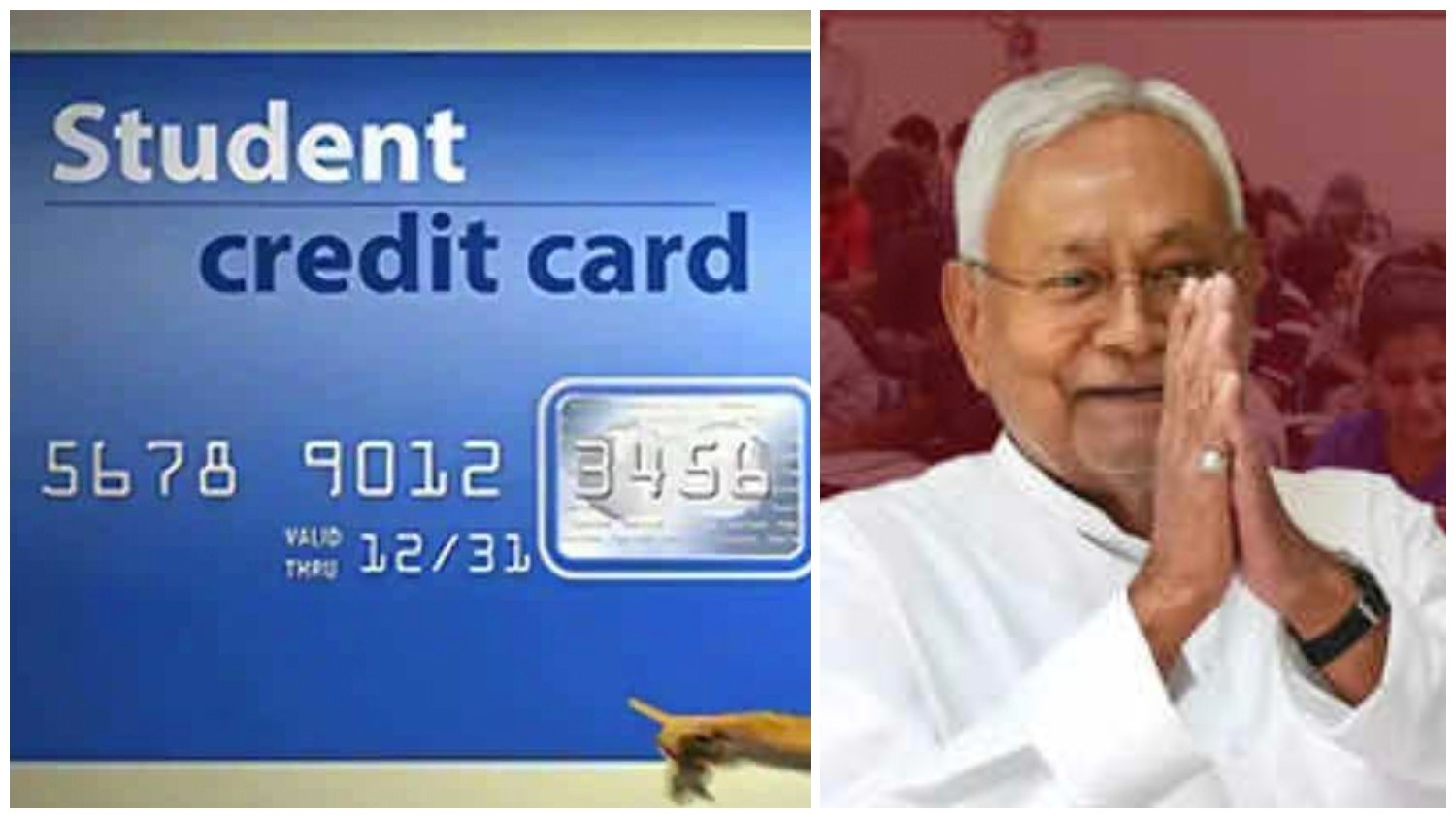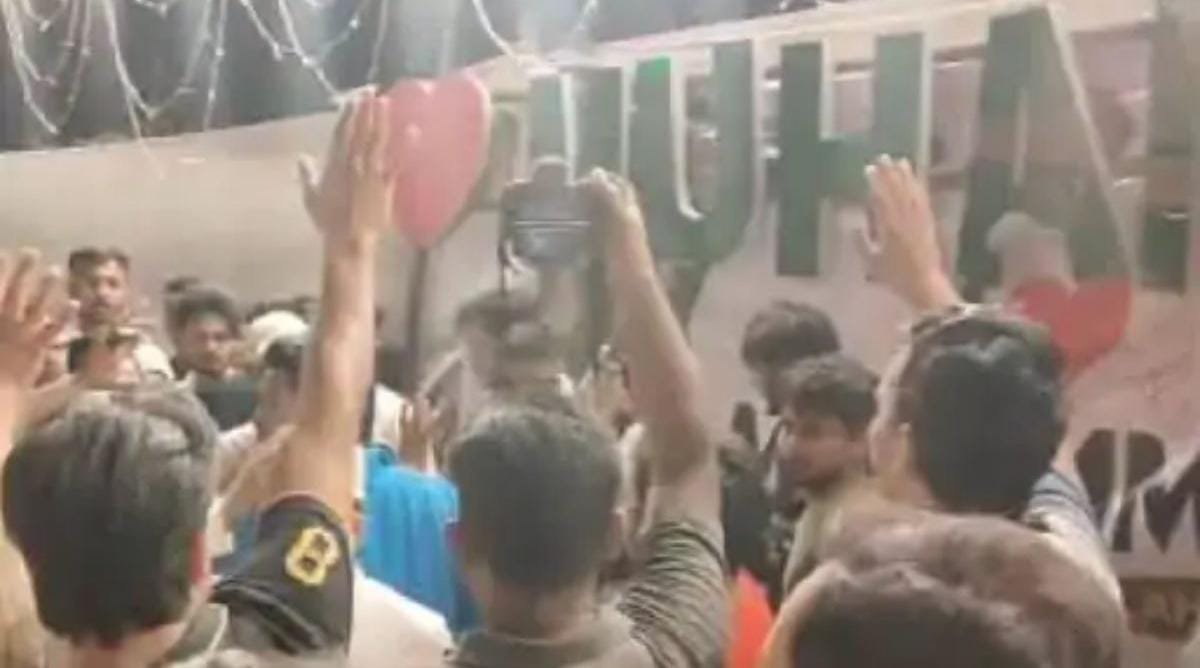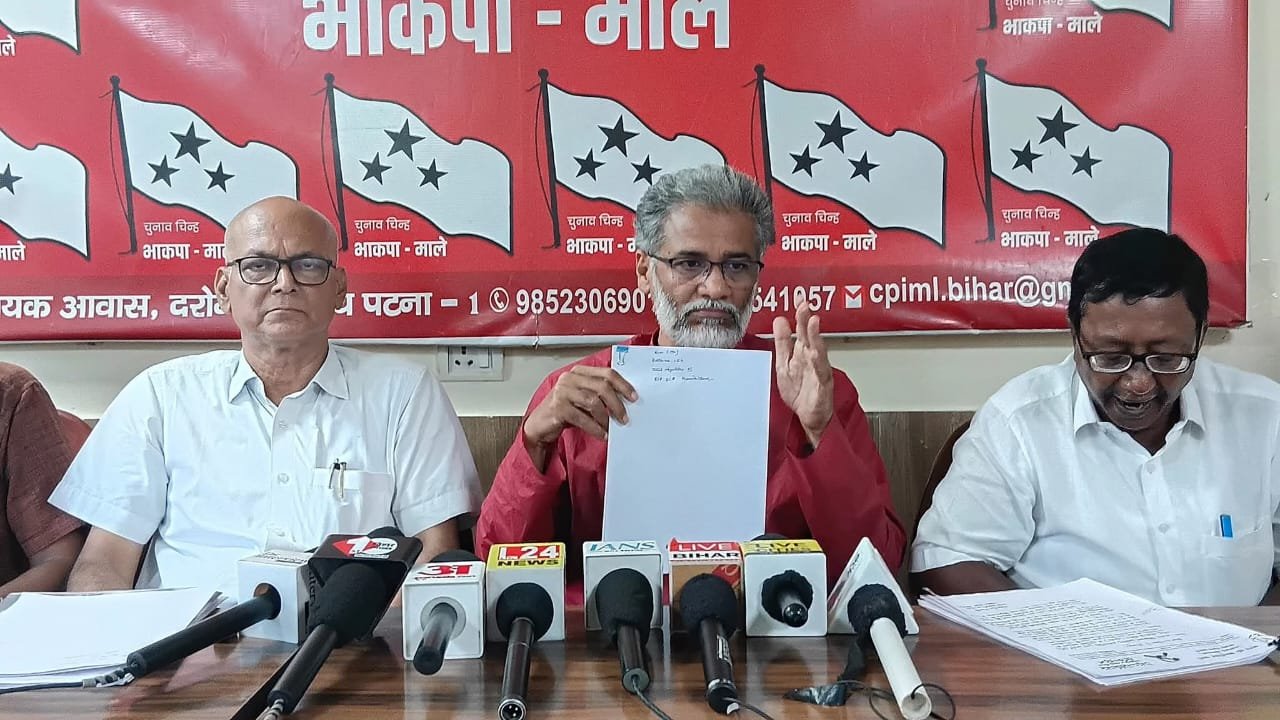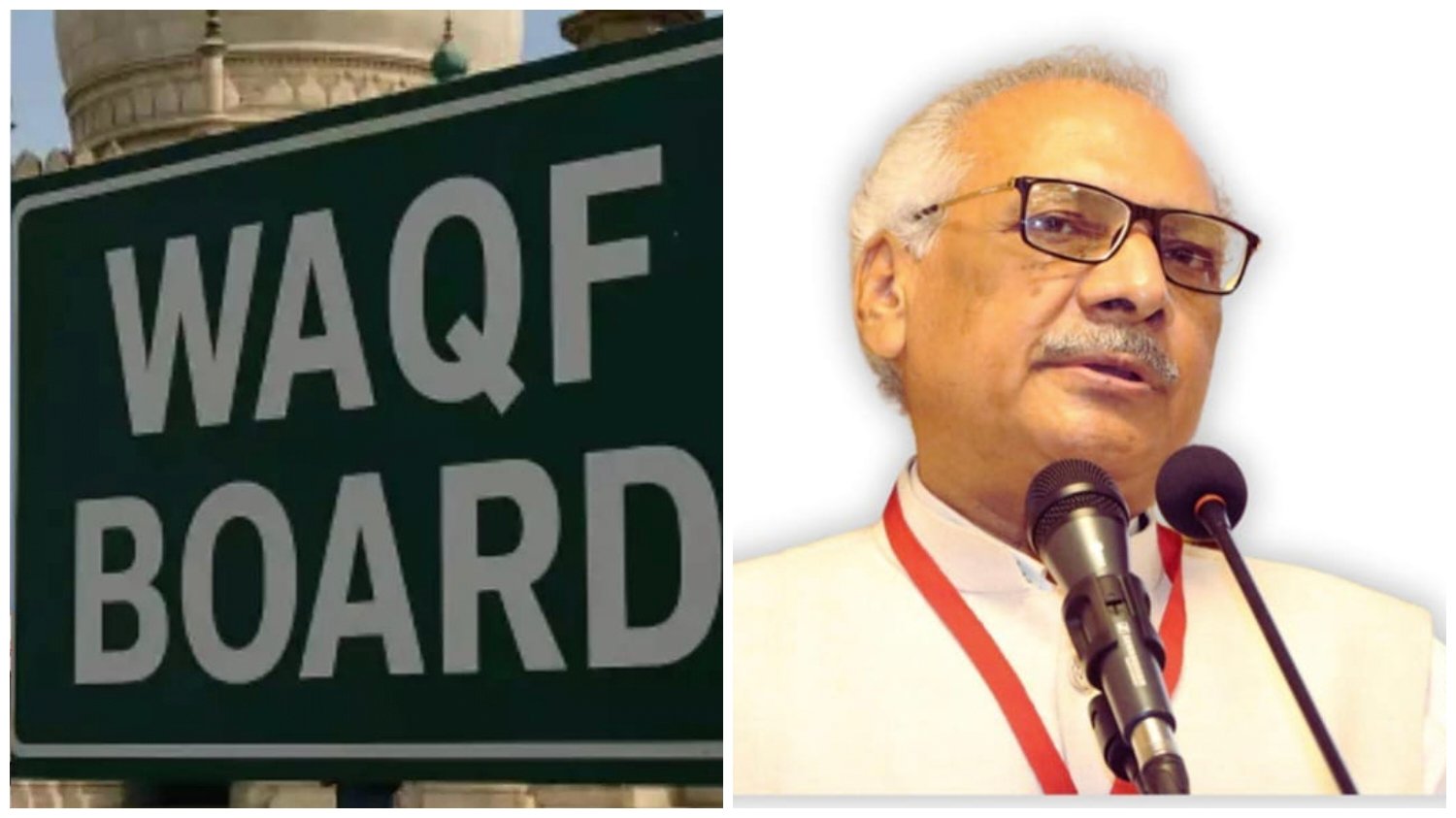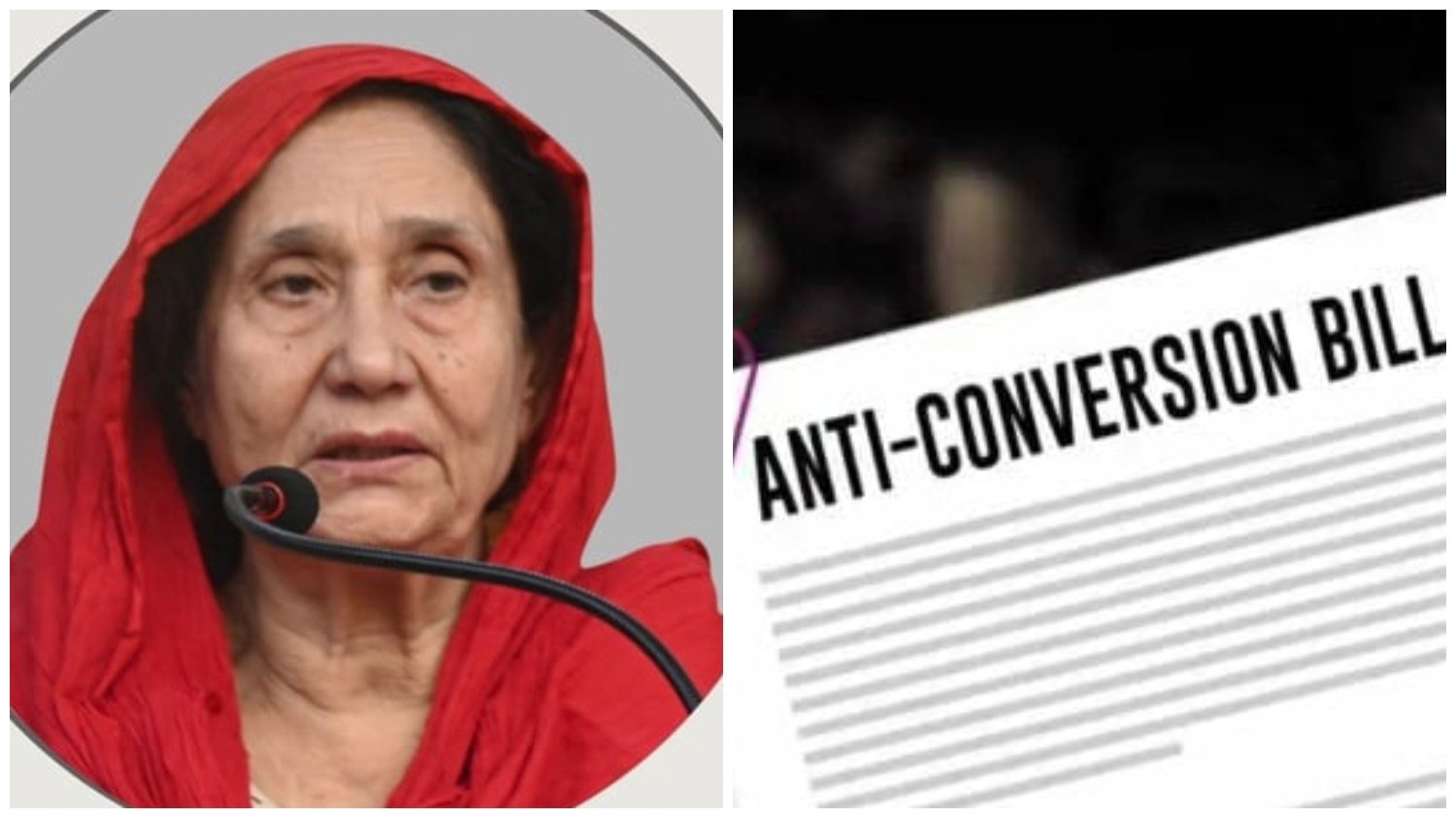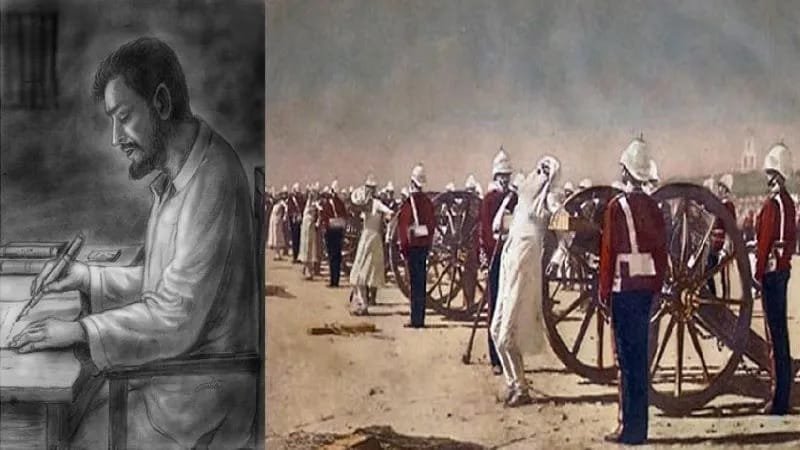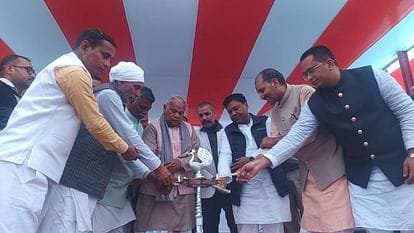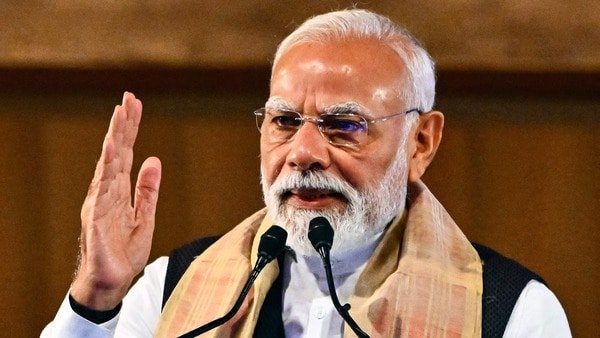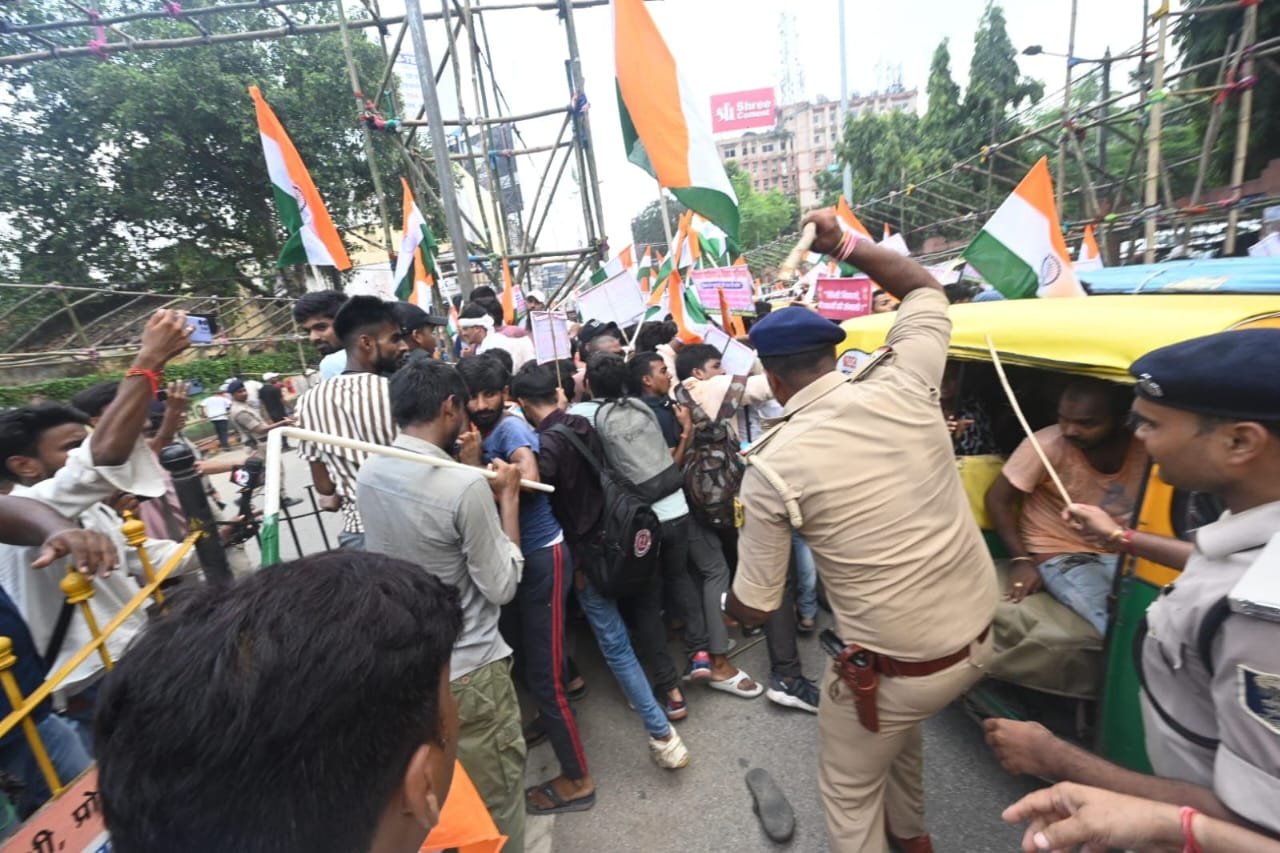Insaaf Times Desk
On September 17, 1879, E.V. Ramasamy Naicker was born in Erode, Tamil Nadu. The world knows him as Periyar—a name that itself means great man. He became “great” because he dared to challenge the very foundation of Indian society that people had unquestioningly accepted for centuries in the name of “tradition” and “religion.”
Periyar’s Early Life
Born into a wealthy business family, Periyar could have lived a life of comfort and prestige. He married Nagammal at a young age and was successful in trade. But his social experiences unsettled him. The caste system, untouchability, and restrictions on women shook his conscience.
His visit to Varanasi became a turning point in his life. There he saw how temples and holy sites were dominated by upper castes, while Dalits and lower castes were treated inhumanely. This injustice jolted him, and he resolved to fight against the system.
The Self-Respect Movement: A Revolution for Equality
In 1925, Periyar launched the Self-Respect Movement. Its goal was clear—every human being is equal, whether Brahmin or Dalit, man or woman.
The movement directly attacked caste-based traditions of Hinduism, the mindset of superiority and inferiority, and blind faith.
He declared: “If a book demeans human beings, it deserves to be burnt.”
This was why he denounced the Ramayana as casteist and protested against it publicly.
Women’s Rights and the Self-Respect Marriage
Periyar took a firm stand on women’s rights. He opposed purdah, dowry, and forced marriages.
He introduced the concept of Self-Respect Marriages—without priests, rituals, or dowry—only two individuals making a mutual decision. This practice remains a vital part of Tamil Nadu’s socio-cultural life even today.
Fighting Caste and Religious Discrimination
Periyar spearheaded temple entry movements to ensure Dalits and backward classes could access temples. His powerful question was:
“Whose God is it? Only the Brahmin’s?”
He forced society to confront the reality that the rules made in the name of God and religion were tools to destroy equality.
Political Legacy
The Dravidian movement that emerged from Periyar’s vision went on to shape parties like the DMK and AIADMK.
Tamil Nadu’s politics is considered incomplete without Periyar’s influence.
When the central government attempted to impose Hindi, Periyar took to the streets, declaring: “Language is also self-respect.”
That struggle later became the backbone of Tamil identity.
Education and Scientific Temper
Periyar strongly emphasized education. He believed:
“Get educated—without education, people will always remain oppressed.”
He promoted scientific thinking and rationality as the foundation of life.
He mocked superstitions, saying “Don’t cut your hair on Saturday, or Shani Dev will be angry.” Then he would ask: “Does God also have a barber?”
His point was simple—question everything with reason and logic.
What Does It Mean to Be Periyar Today?
Periyar cannot be confined to statues, books, or political slogans.
To be Periyar means:
Raising questions against every form of injustice and discrimination.
Standing firmly on the principle of equality.
Refusing to compromise with false traditions.
Even Today…
Dalit grooms face violence for riding horses in weddings.
Inter-caste marriages still lead to honor killings.
Women are yet to achieve full equality.
Reservations are constantly questioned.
In other words, Periyar is as relevant today as he was a century ago.
Periyar did not just live his own life; he transformed the very map of society. He said:
“Never consider yourself inferior under any circumstance. If someone calls you small, that person is the smallest of all.”
On his birth anniversary, it is crucial to remember that being Periyar is not about a name—it is about a mindset: a belief in equality, the courage to question, and the strength to stand against injustice.


